When I was a camper – a long time ago – I forgot to pack my toothbrush. I wrote a letter to my mother and posted it on the first morning of camp. The next evening, I had a toothbrush and a note from my mom. The mail reached her in 24 hours and she was able to drop off my toothbrush and a note filled with encouraging words.
What do camper parents need most? Communication.
We can no longer count on the post office to deliver camper mail in a day or two. But our camper families expect communication that is even faster.
I’m currently knee-deep in survey responses from camper parents. There’s one theme that keeps coming up, no matter the denomination or theological bent of the camp, the age of campers, or the region of the country: parents want more and better communication while their child is in your care.
Why? Not necessarily because they are helicopter parents, but because they want to know that their child is having fun and is safe. Don’t we all want to know that about our children?
We live in a world of instant communication: Suzie goes to soccer practice and by the time she is back home, her team’s Instagram page has pictures of the day’s drills. I can text my teenager while they are in school about a change in our evening plans, and I will get an answer before they start the next class. And if your kid is at a sleepover, you will get pictures texted from the host parent.
Parents are asking us for better communication, but how?
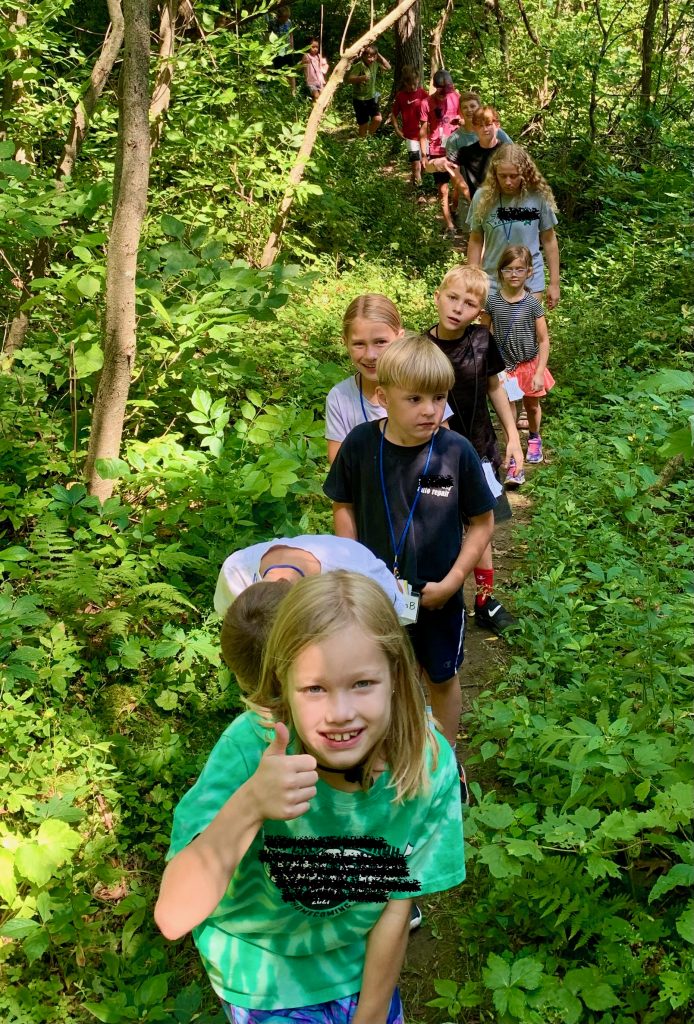
Pictures
“The pictures took several days to post, and with this being his first time away I kept checking to make sure he looked happy. Posting more often would help ease worried parents.”
Camper Parent
Camp is unplugged, both from the home environment and from technology. If your camper doesn’t have a phone with them, how will they have photo memories of the week unless the camp takes pictures? Not to mention, pictures of smiling kids ease parents’ minds about their child’s experience and safety. Pictures can be taken daily and uploaded into a password-protected part of your website or a private online album. Do it daily. Make it possible for parents to download or purchase pictures.
Information about daily activities
“We received no communication the week our daughter was in camp. We would have liked an email or something telling us how she was doing while at camp.”
Camper Parent
A daily or once-a-week e-mail goes a long way, especially for parents of younger campers. “Today, our elementary campers got the chance to swim in the pool, take a nature hike, and had grilled cheese at lunch. Our Bible verse for worship this evening is John 3:16-17.”
Updates about unusual circumstances
In multiple instances, parents responded to our open-ended survey question with frustration that they had not been notified their camper needed medical attention, or in other situations that the staff in their child’s cabin had changed mid-camp.
Let’s not forget covid exposure notifications. Parents were, in general, understanding that they took a risk sending their kid to camp, but if we know their child was exposed to covid (or other diseases) we are obligated to tell the families.
I’m going to shout out Sugar Creek Bible Camp, where my children have been campers, as excelling in this area. When a tornado warning was issued, the camp’s Facebook page almost immediately updated parents – “we are under a tornado warning and closely monitoring the situation. All the campers are enjoying indoor activities near the storm shelter.”
So, what can we do? Create communication channels that meet parents’ needs. In your pre-camp communications, tell them clearly what communication is available. Where can they get up-to-date information about what is happening at camp? Share pictures regularly. Set up an email or text list for camper parents and use it. Review your method for parents sending messages or letters to campers.
Also, be clear about what communication is not available. Many camps have no cell phone or no phone call policies – if so, explain why the policy makes camp a better experience (because it does!).
And review your procedures about when a parent is notified directly about unusual circumstances. Almost certainly, you call the parent if the camper needs to be transported to the emergency room. But what about if they are throwing up, but under the care of the nurse? What about if the camper had a bit of shoving with a fellow camper? A call that says, “This happened. This is the policy. Here is how it was handled.” And you calling the parent does not mean the camper has to be on the call.
When parents send their children to camp, they entrust us with the most sacred of responsibilities. We become their partners in raising their child, if only for a very limited time. We can honor that partnership and trust by communicating the good and the challenge of the camp week and doing so in a timely manner.


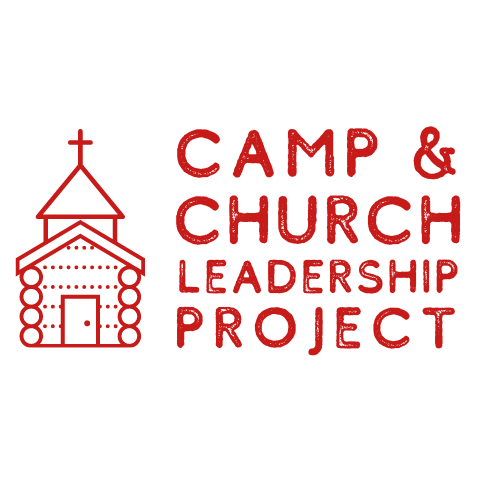



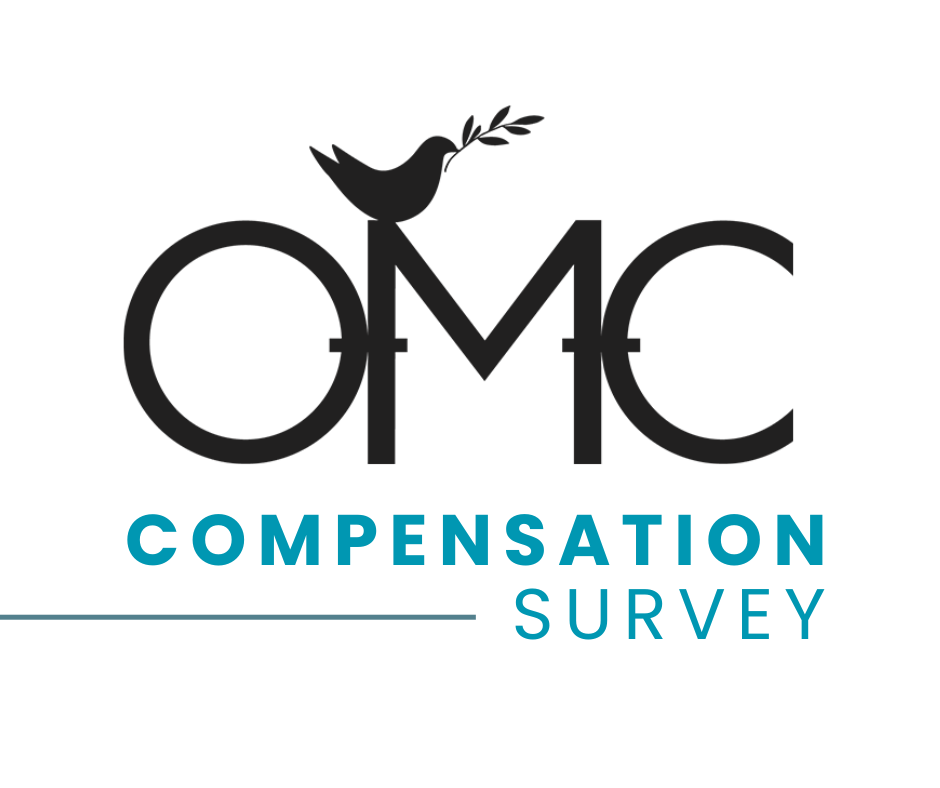

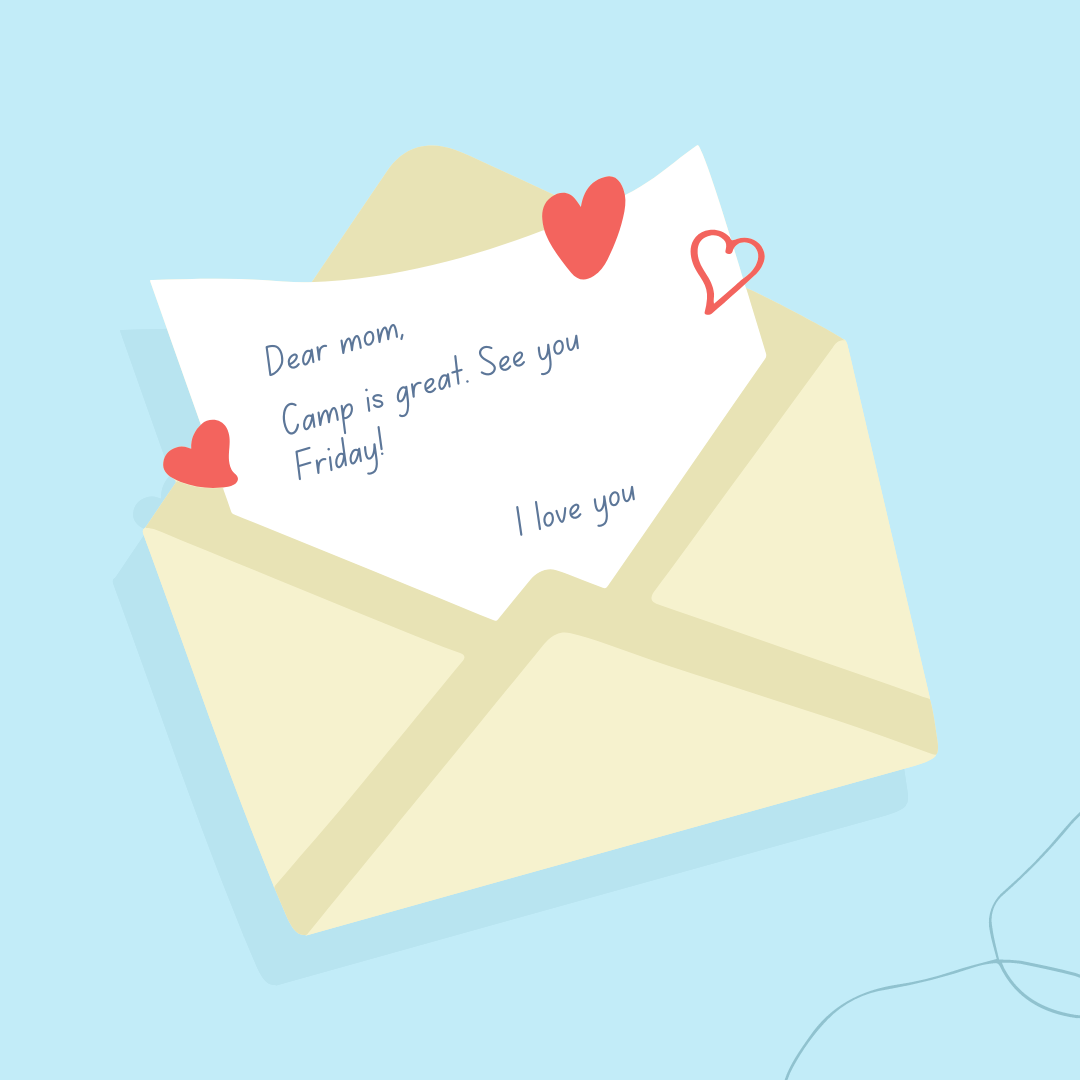
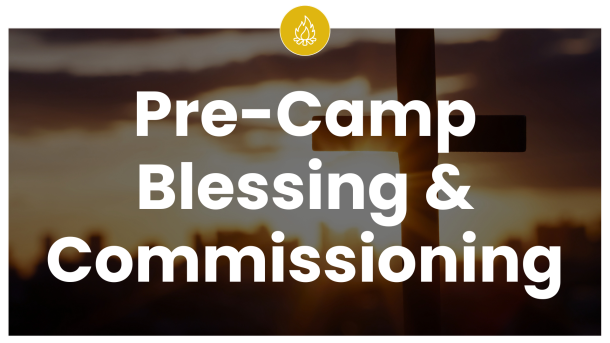
0 Comments